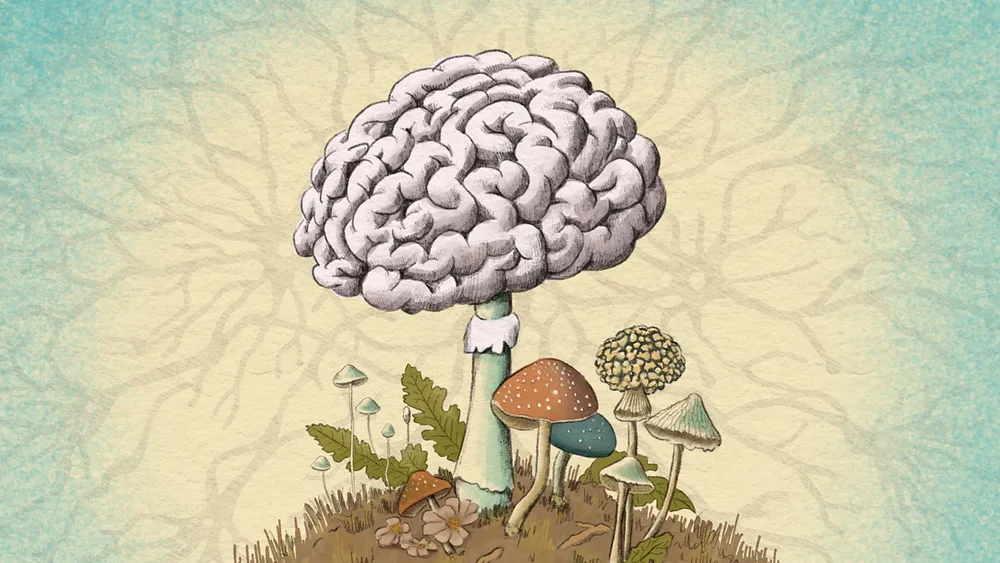
Our bodies are a living mosaic of microorganisms, where in addition to bacteria, millions of species of fungi also live. These are found on the skin, in the nose, in the digestive tract, and even in internal organs. While most of them are quickly eliminated by our immune system, some remain permanent cohabitants and can play an important role in our health.
Recent research is examining the possibility that fungi may affect not only the body, but also the brain and behavior. Doctors have long known that fungi can cause serious — often fatal — brain infections, such as those from Aspergillus or Cryptococcus. But scientists are also examining whether gut fungi may affect mental health or contribute to neurodegenerative diseases like Alzheimer's.
Cases of fungal infections of the brain have increased in recent decades, largely due to the growing number of patients with weakened immune systems – from HIV, cancer treatments or the use of immunosuppressive drugs. The infections are difficult to treat, as antifungal drugs are few and often do not penetrate the blood-brain barrier.
However, some studies have provided intriguing evidence. In some patients initially diagnosed with Alzheimer's, doctors discovered the presence of fungi in the brain, and after treatment with antifungal drugs, dementia symptoms were significantly alleviated - some even resumed work.
Scientists emphasize that this is a new field of study and that there are still more questions than answers. But if proven, the connection between fungi and the brain could open new avenues for the prevention and treatment of neurological diseases.
???? One thing is certain: fungi are an integral part of the human body and their impact on our health may be much greater than we have thought until now.






















